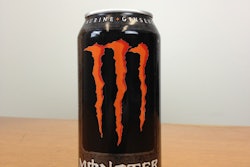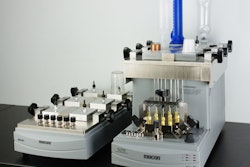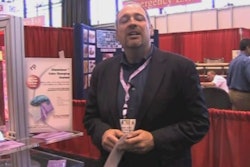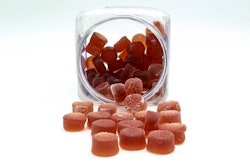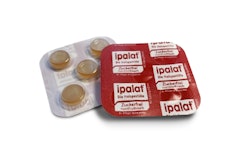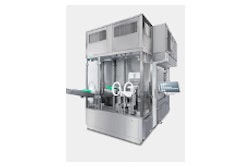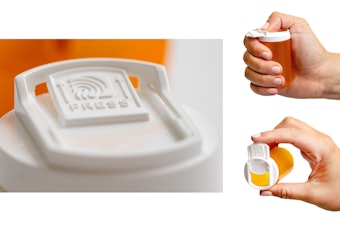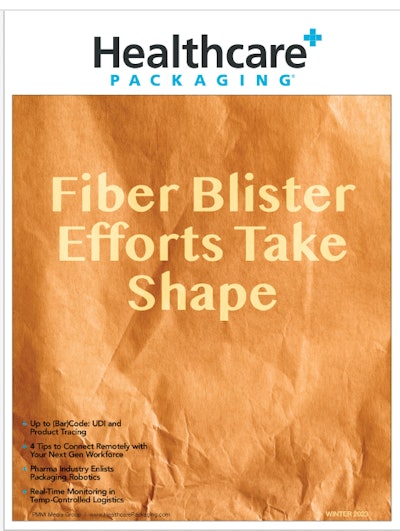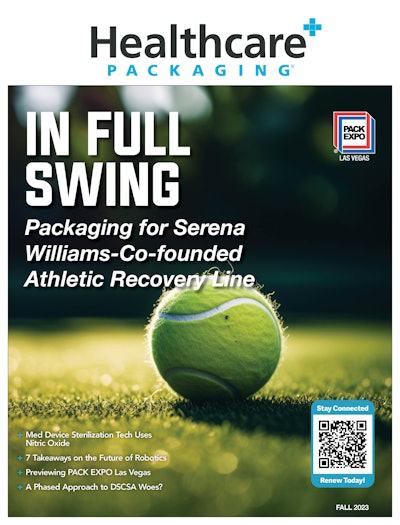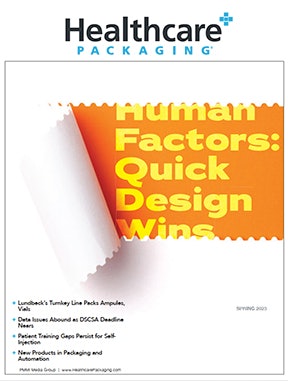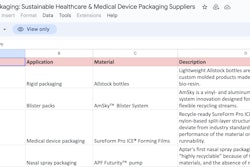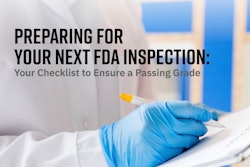
Healthcare Packaging (HCP): Describe USP and its involvements?
Desmond Hunt: The United States Pharmacopeial Convention (USP) is a nonprofit scientific organization that develops standards for the identity, strength, quality, and purity of drugs and their ingredients, which are published in the United States Pharmacopeia and the National Formulary (USP–NF). USP–NF includes monographs, general chapters, and General Notices. A monograph is developed for a single article (e.g., drug substance, drug product, excipient), while a general chapter can apply across multiple articles. Above 1000 general chapters are intended to be informational, and contain no mandatory requirements unless specifically referenced in a monograph, General Notices, or a general chapter numbered below 1000. General chapters designated as below 1000 contain tests that are generally intended to be components of monographs for items recognized in USP or NF. Enforcement of applicable USP-NF standards is the responsibility of FDA and other government authorities in the U.S. and elsewhere; USP has no role in enforcement.
USP is currently involved in several projects related to packaging and labeling, a majority of which involves work on packaging standards. General Chapter <660> Containers?Glass recently became official and focuses on glass containers for pharmaceutical use. Another General Chapter <660> Containers?Plastics is undergoing a major revision, which will result in something quite different from the current general chapter we have today. USP is in the process of developing a general chapter for metal containers testing. Today, there are no methods or specifications for metal containers for pharmaceutical use in any pharmacopoeia. In addition, we’re revising General Chapter <671> Containers?Performance Testing, which will focus on container permeation testing. In 2013, we’ll be hosting a workshop based on that chapter, so we encourage stakeholders to attend that event given that input to our revision of the chapter will be critical. A workshop agenda and registration information are available at http://uspgo.to/pharma-packaging-workshop.
HCP: What benefits does USP provide for professionals involved in filling, labeling, packaging, etc., of medical devices, pharmaceuticals, biologics, and combination products?
Hunt: USP’s standards-development activities related to packaging involve a wide a range of pharmaceutical products, including traditional small-molecule pharmaceuticals, biologics, and combination products. In essence, we’re trying to provide professionals with tools that may be helpful in determining if a packaging system is suitable for its intended use. Today, we have a variety of pharmaceutical and related products on the market with differing requirements when it comes to packaging. These include parenterals, inhalation, and ophthalmic products—which are considered high-risk products. We hope that our standards can be of use to packaging professionals who need to be able to maintain the quality of these products. For example, we’re developing new General Chapter <1663> Good Manufacturing and Stability Practices?Determination of Extractables Associated with Pharmaceutical Packaging Systems, which will discuss the basic principles for designing and conducting an extraction study, and <1664> Good Manufacturing and Stability Practices?Assessment of Drug Product Leachable Thresholds, which will focus on leachables assessment.
HCP: Tell us about the role USP plays in anti-counterfeiting efforts? What are the key issues here, and what role does packaging play?
Hunt: One of the major ways in which USP can play a role in anti-counterfeiting efforts is through the development of its informational general chapters on good distribution practices. Currently in development is a suite of general chapters relating to quality management systems; environmental control management; importation and exportation and supply chain integrity and security. In the area of supply chain integrity and security, we plan to include best practices that organizations throughout the global supply chain can use—ranging from procurement to the shipment of medicines to patients—regarding the production, distribution, and delivery of medicines. Packaging will certainly play a central role in our focus.
HCP: With medical treatments advancing at a rapid pace, more and more combination products and biologics are appearing, yet these are often very sensitive to light, temperature, movement, etc. What are the challenges in manufacturing/filling/packaging of these products? What are the key questions packagers have that you’re seeing?
Hunt: With regard to filling and packaging of many modern medical treatments—which include parenterals, biologics, and injectables—major challenges come down to determining the suitability and compatibility. It’s important that packaging is always suitable for the product during the course of its entire shelf life.
HCP: Many of these newer treatments must be kept in very specific temperature ranges, and often travel to destinations around the globe. How are manufacturers of these treatments employing packaging, logistics, etc., to meet global distribution challenges? Are global organizations working together to make this process work more efficiently? What is USP's role here?
Hunt: Again, many of these topics will be addressed by our general chapters related to good distribution practices. There are regulations and guidances out there that address best practices with regard to different components of the global pharmaceutical supply. Our goal is to make our general chapters overarching so that the information is relevant to any organization in the supply chain. There are global organizations working together to figure out what systems can be put in place to help ensure the safety of products in movement around the world. There is a growing push in industry to ensure that all products are packaged and stored to meet certain specifications. One of the first steps we’ve taken in the development of our chapters is to do a gap analysis and identify areas in which information may be limited and determine how to incorporate that into our general chapters.
Desmond Hunt, Ph.D., is a senior scientific liaison in the global science and standards division of the United States Pharmacopoeial Convention. For the 2010-2015 cycle, he is responsible for assisting the USP Expert Committees on Packaging, Storage and Distribution and on Dosage Forms in the development and revision of USP General Chapters. Dr. Hunt has more 15 years of research experience. Prior to joining USP in 2005, he was a Research Fellow at the National Institutes of Health, Bethesda, MD.
Read more on Desmond Hunt in the article "Pending USP revisions to packaging and moisture permeation chapters"

